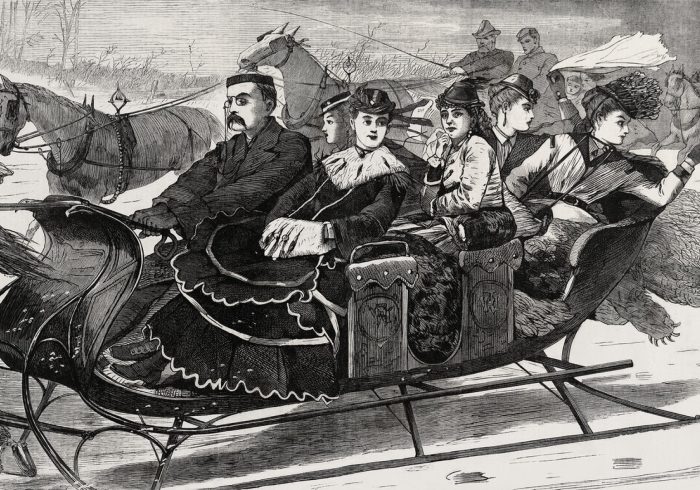The Swedish Government has recently proposed raising the tax rate for gambling in an effort to address concerns over the social and economic impact of excessive gambling. The move comes as part of a broader strategy to regulate the gambling industry and protect vulnerable individuals from the harms associated with excessive gambling.
Currently, Sweden has a relatively low tax rate for gambling compared to other European countries. The government’s proposal aims to increase the tax rate from the current 18% to 25% on all gambling activities, including online gambling, sports betting, and land-based casinos. This increase is expected to generate additional revenue for the government, estimated to be around 1.5 billion Swedish kronor annually.
One of the main reasons behind this proposed tax hike is to address concerns over problem gambling. Sweden has seen a significant increase in the number of people seeking help for gambling addiction in recent years. By increasing the tax rate, the government hopes to discourage excessive gambling behavior and reduce the prevalence of problem gambling in the country.
Furthermore, the additional revenue generated from the increased tax rate will be allocated towards funding treatment programs for problem gamblers and supporting initiatives aimed at preventing gambling-related harm. This includes providing better access to counseling services, education campaigns about responsible gambling, and research into effective prevention strategies.
Another important aspect of raising the tax rate is to create a more level playing field within the gambling industry. Currently, online gambling operators based outside of Sweden can offer their services to Swedish customers without paying taxes in the country. By increasing the tax rate, the government aims to create a fairer market by ensuring that all operators, regardless of their location, contribute their fair share towards public services and social welfare programs.
Critics argue that raising the tax rate may have unintended consequences, such as driving gamblers towards unregulated or offshore gambling platforms. However, the government has emphasized that its primary goal is to protect vulnerable individuals and ensure a sustainable gambling market in Sweden. The proposed tax increase is just one part of a comprehensive strategy that also includes stricter regulations, enhanced consumer protection measures, and increased cooperation with international gambling authorities.
It is worth noting that Sweden has been at the forefront of gambling regulation in recent years. In 2019, the country implemented a new licensing system that required all online gambling operators to obtain a license from the Swedish Gambling Authority. This move aimed to increase transparency, improve player protection, and combat illegal gambling activities.
In conclusion, the Swedish Government’s proposal to raise the tax rate for gambling reflects its commitment to addressing the social and economic impact of excessive gambling. By increasing the tax rate, the government aims to discourage problem gambling, fund treatment programs, create a fairer market, and ensure a sustainable gambling industry in Sweden. While there may be concerns about potential unintended consequences, the government’s comprehensive approach to regulation and consumer protection suggests a commitment to finding the right balance between economic growth and social responsibility.




